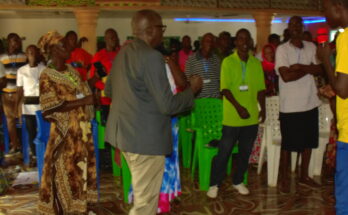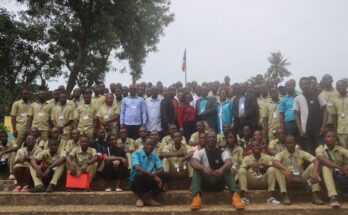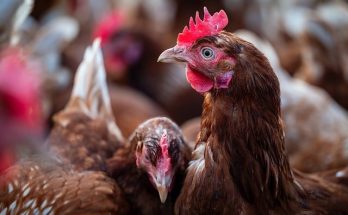The mycotoxin contaminated cereals when used in animal feed causes mild to severe damages depending on its level of contamination.
Livestock Industry Foundation for Africa (LIFA) in the quest to improve the livestock industry will introduce a new topic of Marine Eco -System essentials with special focus on the Blue Algae Technology and integration with the Mount-Morillonite clay using Nanotechnology innovation. This innovative technology acts as best solution in the management of broad spectrum mycotoxins.
According to FAO, more than 25% of harvested cereals are contaminated with various mycotoxins. The mycotoxin contaminated cereals when used in animal feed causes mild to severe damages depending on its level of contamination. This usually leads to immunosuppression in livestock hence low performance and productivity. Eventually, all animal species are sensitive and susceptible to mycotoxins, even at low levels or above permissible level.
LIFA will begin series of mycotoxin mitigation lectures through effective training and advocacy so as to educate farmers and relevant livestock stakeholders on the use of polysulphated Algae as a natural and effective mycotoxin binder in poultry and livestock health management in Nigeria. This natural tool will help reduce the use of antibiotics and other chemical additive therapies.
Our training shall equally focus on livestock environment hygiene through the use of Nanotechnology products to guarantee quality litter management for all categories of livestock. This approach will ensure and help farmers and other livestock stakeholders to manage epizootic of enteric diseases thereby improving animal welfare.
Volunteers, Veterinarians nutritionist, farmers and livestock stakeholder interested in the knowledge update and eager to; minimize production cost, reduce animal health expenditures and maximize profit under the present risks of climate change, should indicate their interest so as to be invited to our upcoming seminars in West Africa.
Interested individuals can contact LIFA secretary through email. You can also follow our activities online through our blog articles. We urge readers to kindly rebroadcast this information among colleagues and farmers who can possibly benefit in this new technology.
LIFA is available for collaboration in areas that involve research, education, training and advocacy. We can work together to improve Africans livestock industry.
Photo Credit: University of Surrey





How I wish farmers in this part of the world appreciate the economic effects of disease prevention rather than curative measures. Mycotoxins in feed ingredients are big threat to our food security and safety.
I quite agree with you ma, many farmers are still ignorant of the harmful effects of mycotoxin. In fact, some farmers do not know what Mycotoxin is. LIFA will continue her advocacy on mycotoxin mitigation strategies and ensure that knowledge is increased in the core area of mycotoxin management.